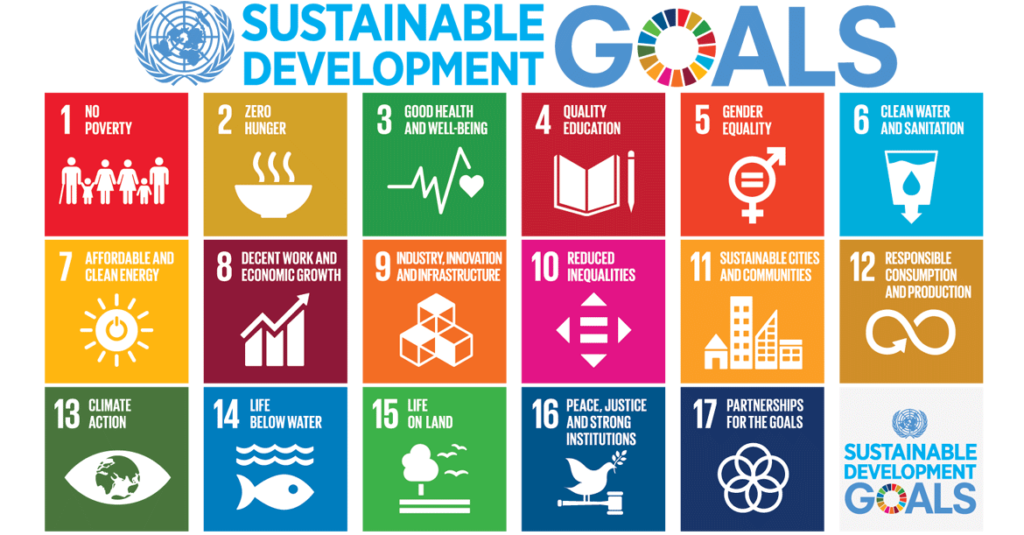
Investing in companies that are adapting, transitioning and innovating around climate change can be an important part of mitigating some of its most harmful effects.
At the same time, it might also help your foundation meet its financial goals: research increasingly suggests that on average, corporations with stronger environmental policies may also exhibit stronger corporate performance.
Now a notable time for foundations to produce a positive environmental impact alongside financial returns, and we’re excited to partner with Exponent Philanthropy on the upcoming webinar: Start Now, Stop Climate Change: Leveraging Foundation Portfolios to Impact the Environment.
In this session, we’ll talk about opportunities in climate change investing, while using case studies to show how foundations can apply them. The discussion will center on the following questions:
1. How can my foundation’s capital help address climate change?
Roughly $1.6 trillion per year through 2050 is needed for the world to stay at or below the threshold where the most dangerous effects of climate change from a mortality, biodiversity and GDP standpoint can be contained. We’ll walk through case studies that show how foundation investment portfolios that build climate awareness into their approach can help fill this gap in capital.
2. Is divestment the only option?
Historically, a common way to address climate change was through divestment, or the exclusion of traditional oil and gas stocks. But in the past several years, a variety of different approaches have emerged. These include using shareholder engagement to push traditional oil and gas companies to transition more aggressively to a clean future; and building portfolios of emerging solutions providers, such as energy efficiency or carbon capture companies. We’ll discuss the benefits of a varied approach to your foundation’s investment portfolio.
3. How do we measure success?
Climate change investing is about double-bottom lines: 1) the fiscal return and 2) the environmental impact. We’ll illustrate how we’ve worked with foundations to identify meaningful targets like reducing carbon footprints; limiting environmental waste; and aligning with the UN Sustainable Development Goals, while also focusing on financial performance.

4. Why now?
One of the few silver linings from the last year is that our skies are the cleanest they’ve been in decades, with carbon emissions down 17% from 2019 to 2020. Yet, when vaccines are effectively distributed and human consumption returns to normal, so too may emissions.
Recent legislative action is creating compelling opportunities to spur new investment in clean energy technologies. But there is no single solution to climate change. Rather, it will require harnessing all funding sources—governments, individuals, and nonprofit portfolios—to build a solution together.
Interested in learning more about how your foundation can incorporate climate change related objectives into your overall investment goals? Read our new report and register for our upcoming webinar where we’ll dive deeper into this research, discuss practical applications, and answer any questions you may have.
Glenmede is an independent and privately held investment and wealth management firm.
